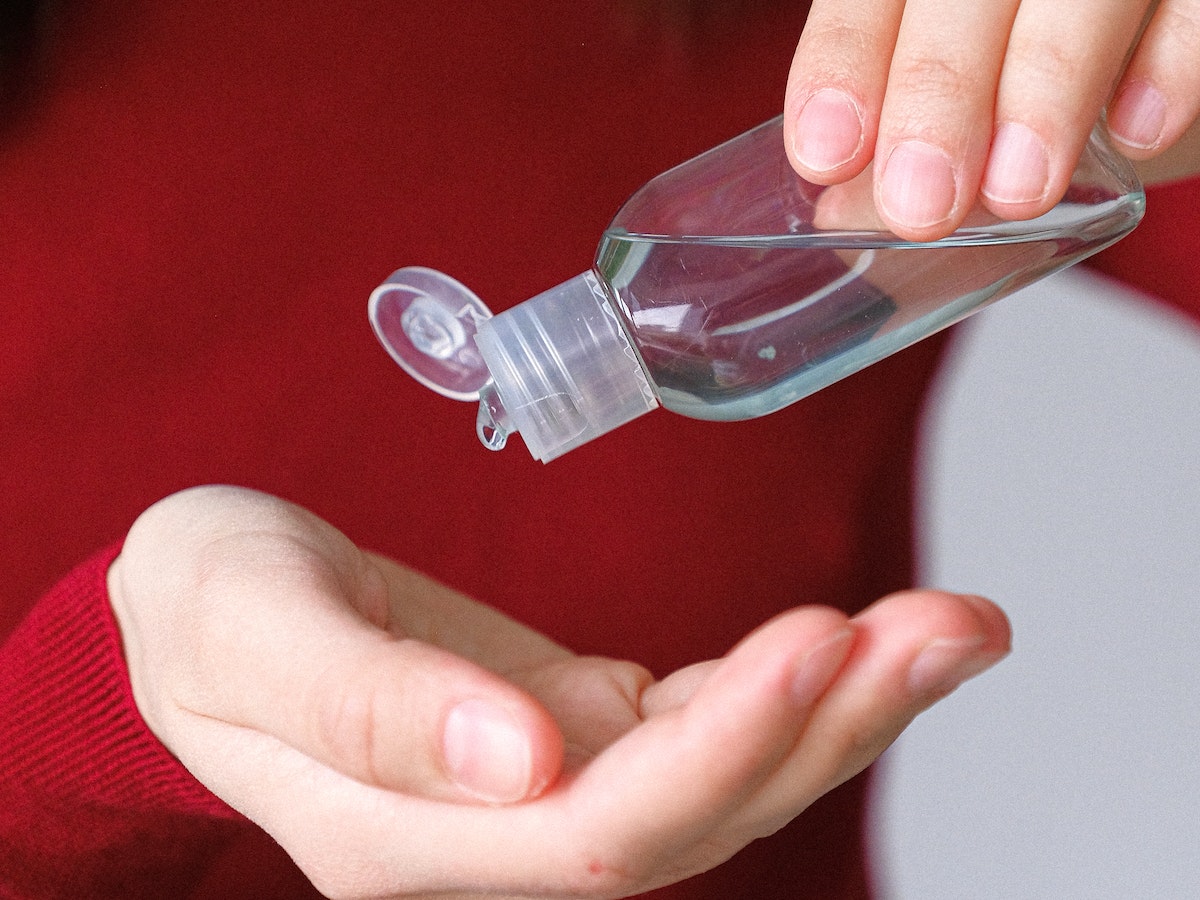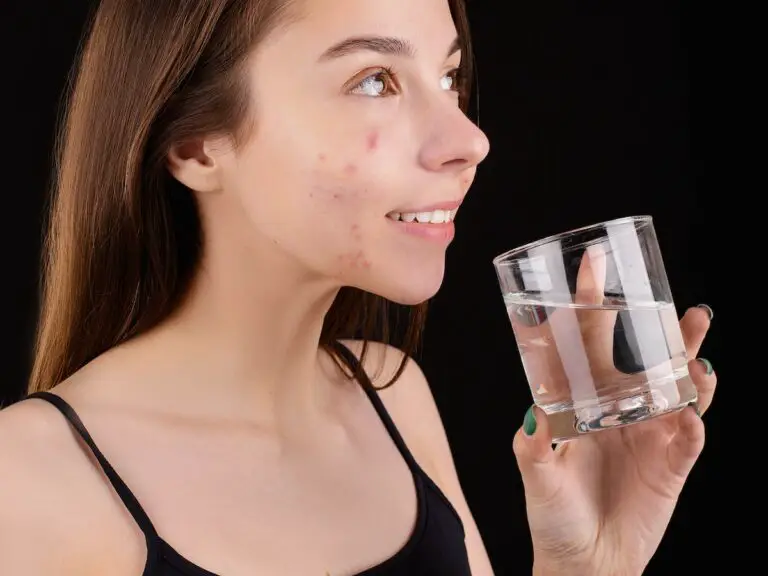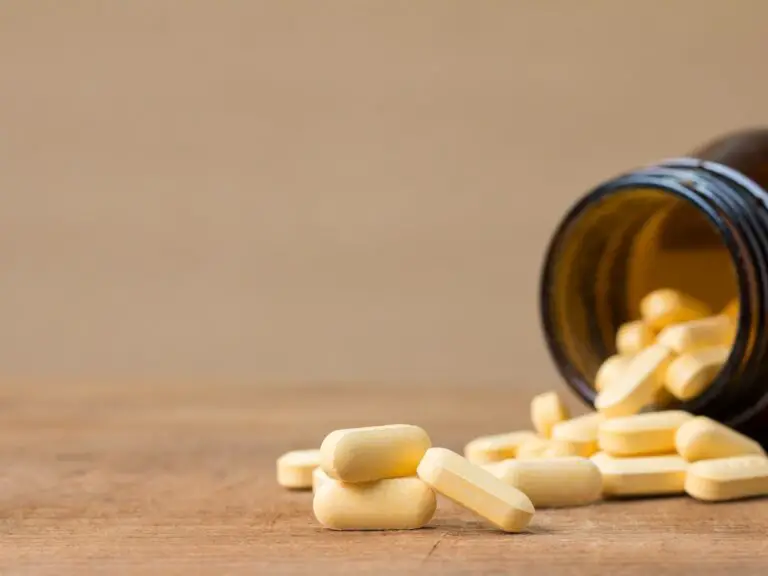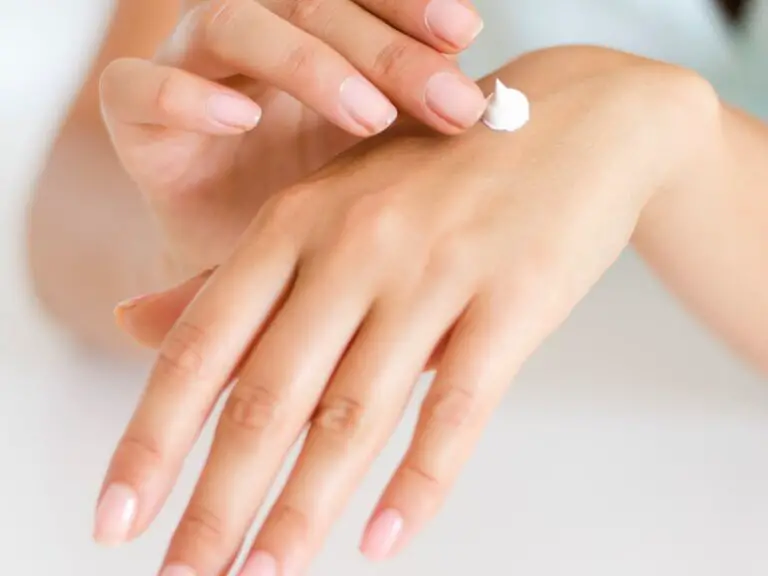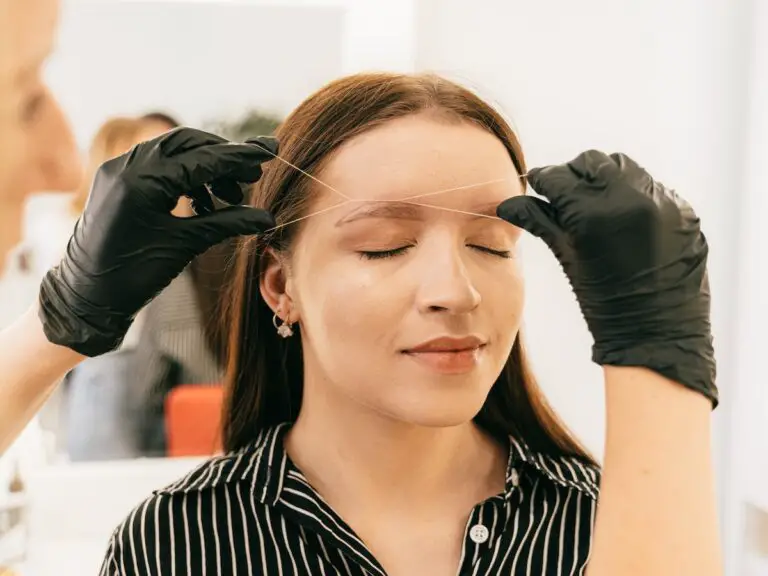Can Hand Sanitizer Help Clear Acne? A Dermatologist’s Perspective
Medically Reviewed by;
Dr. Kashif
General Physician
Senior Medical Writer
We use hand sanitizers daily because we live in a fast-paced world where cleaning and hygiene are important. But can these little magical bottles do more than keep our hands clean?
Does hand sanitizer help get rid of acne?
Patients often ask me this question because I’ve been a doctor for many years. In this piece, we’ll look at the science behind hand sanitizers and how they might help people with acne. We will discuss what hand sanitizers are made of, how they work, and if they can kill the germs that cause acne.
So, if you’ve ever thought if that small bottle of hand sanitizer in your pocket could be your secret weapon against annoying breakouts, keep reading to find out what a dermatologist thinks.
Table of Contents
Role of Bacteria in acne development
To determine if hand sanitizers can help get rid of acne, you must first understand how germs can cause acne. Acne is a skin disease that causes pimples, blackheads, and whiteheads to form. It’s caused by a sebum build-up and dead skin cells in the hair follicles. The overgrowth of Propionibacterium acnes (P. acnes), a type of bacteria, is one of the main things that cause acne. This bacterium grows well in the skin’s oily environment and can cause inflammation, leading to acne spots.
Effectiveness of Hand Sanitizer against Acne-Causing Bacteria
Hand sanitizers are made to kill bacteria and other germs on the skin, which makes them an easy way to keep your hands clean. But can they also kill the germs on our faces that cause acne? The answer is in the chemicals used to make hand sanitizers work. Most hand sanitizers, like ethanol or isopropyl alcohol, have alcohol in them. It has been shown that these alcohols very well kill a wide range of germs, including P. acnes. When alcohol is put on the skin, it breaks up the germs’ outer membrane, killing them.
But it’s important to know that hand sanitizers can have different amounts of alcohol. Dermatologists suggest using a hand sanitizer that has at least 60% alcohol in it for the best results. Bacteria, like P. acnes, may also not be killed at lower amounts. Also, it’s important to note that hand sanitizers with added moisturizers or smells might not be good for acne-prone skin because these ingredients might clog pores or irritate the skin.
Potential Benefits of Using Hand Sanitizer for Acne Treatment
Even though hand sanitizers are mostly used to clean your hands, they may also help clear up acne. Hand sanitizers, when used appropriately, can help lower the quantity of acne-causing bacteria on the skin, potentially leading to fewer acne breakouts. Also, hand sanitizers can be a handy way to treat acne when you’re on the go or don’t have access to other treatments.
Hand sanitizer might also help pimples because it can reduce the amount of oil on the skin. Hand sanitizers often have glycerin or aloe vera, which can help keep the skin wet and keep its natural oil production in check. Hand sanitizers may help keep hair follicles from getting clogged and causing acne lesions by getting rid of extra oil.
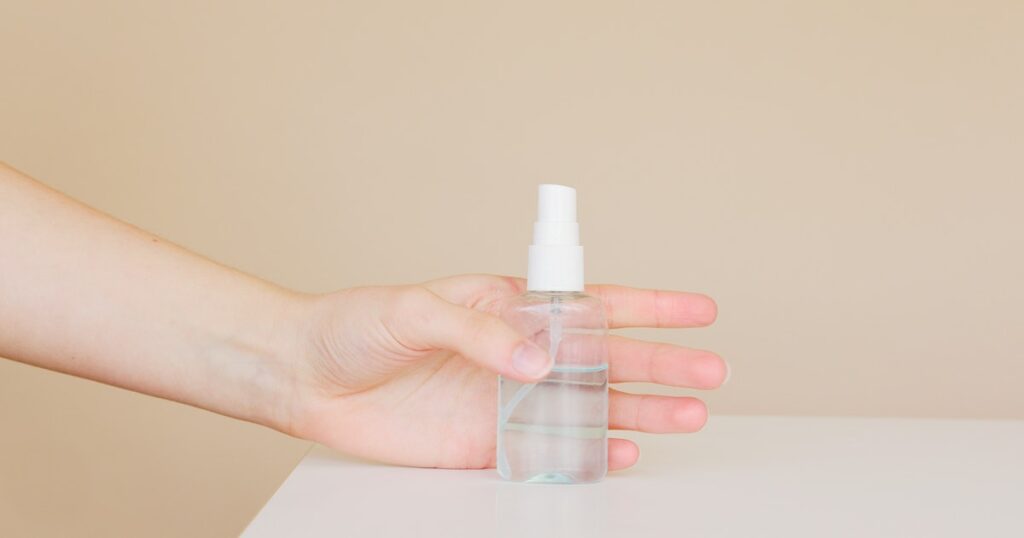
Potential Drawbacks of Using Hand Sanitizer on the Skin
Even though hand sanitizers might be good for acne-prone skin, it’s important to consider the risks and downsides. One of the main worries is that alcohol-based hand sanitizers dry out the skin. Alcohol can remove the skin’s natural oils, making it dry, irritated, and flaky. This can be a problem for people with sensitive or dry skin because it can worsen their skin issues.
Also, using hand sanitizers too often can change the normal microbiome of the skin. The skin has an environment of good bacteria that help keep it healthy and protect it from pathogens that can make it sick. Overusing hand sanitizers can throw off this delicate balance, which could lead to changes in the skin’s bacteria and a weakening of the skin’s barrier function.
Dermatologist’s Perspective on Hand Sanitizer for Acne
As a physician, using hand sanitizer for acne can be helpful, but it shouldn’t be your only acne treatment. Hand sanitizers can help reduce acne-causing bacteria on the skin, especially when standard acne treatments are unavailable. But they should be used with other acne-fighting treatments and techniques to get the best results.
If you want to use hand sanitizer to treat acne, you should talk to a dermatologist first. A dermatologist can look at your face and figure out the best way to treat it. A dermatologist can also help you figure out how to use hand sanitizer safely as part of your skincare practice.
Ddermatologists’ RecommendedTreatments for Acne
Even though hand sanitizers can help acne-prone skin in some ways, they are not a good replacement for acne treatments that have been shown to work. Dermatologists usually suggest a mix of topical and oral medicines and good skin care to treat acne effectively. Some treatments for pimples that doctors often give are:
- Topical retinoids: These vitamin A products help open up clogged pores, reduce inflammation, and speed up the turnover of skin cells.
- Antibiotics: Antibiotics taken by mouth or put on the skin can help stop the growth of bacteria that cause acne and lower inflammation.
- Benzoyl peroxide: This ingredient helps kill bacteria on the face, cut down on oil production, and open up clogged pores.
- Salicylic acid: This beta-hydroxy acid removes dead skin cells, opens clogged pores, and lowers swelling.
- Isotretinoin is a strong pill that can be taken by mouth to treat serious acne. It helps stop acne lesions and stop the skin from making oil.
Remember that the optimal therapy for acne will vary depending on factors such as the individual’s skin type, the severity of their acne, and other factors. Talking to a dermatologist for specific advice and the best treatment plan is very important.
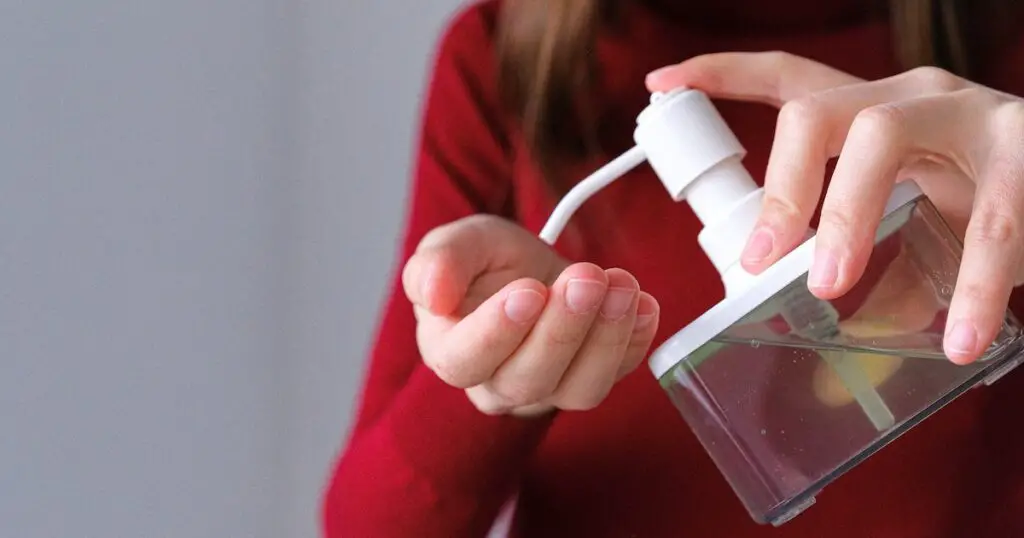
How to Use Hand Sanitizer for Acne
To use hand sanitizer to treat acne successfully, it’s important to do the following:
- Pick a hand cleaner that contains at least 60% alcohol.
- Use a small amount of hand cleanser on hands that are clean and dry.
- Gently rub the hand sanitizer into the acne-prone parts of your face, staying away from your eyes and mouth.
- Wait until the hand sanitizer is fully dry to use other skin care products.
- Use hand sanitizer as needed throughout the day to keep your hands clean and lower the number of germs on your skin that cause acne.
Remember that hand sanitizer should be used in addition to your other acne treatments, not instead of them. To successfully treat acne, you must be consistent and stick to a full skincare routine.
Important Considerations while Choosing a Hand Sanitizer for Acne
There are a few important things to think about when picking a hand sanitizer for acne-prone skin:
- Look for a hand sanitizer that has at least 60% alcohol in it. This will make it work best against germs that cause acne.
- Ingredients added: Avoid hand sanitizers with moisturizers or scents, as these can clog pores or hurt the skin.
- Sensitive skin: If you have dry or sensitive skin, choose a hand wash with added moisturizers to keep your skin from getting too dry or irritated.
Always read the product labels and talk to a dermatologist if you have worries or special skin needs.
Conclusion
In conclusion, hand sanitizers might help acne-prone skin in some ways. They help by reducing oil production and eliminating acne-causing germs. But it’s important to remember that hand sanitizers shouldn’t be used instead of acne treatments that doctors know work. You should use them as an extra step in your skincare practice.
If you are having trouble with acne, you should see a doctor as soon as possible. They can give you specific advice based on your face needs and help you develop a good treatment plan. Remember that getting clear, healthy skin is a process. With the right help, you can reach your beauty goals.
FAQs
It is not recommended to use hand sanitizer on your face as it may be too harsh and dry for delicate skin. Hand sanitizers are formulated for disinfecting hands and contain high alcohol content, which can strip the skin’s natural oils and disrupt the skin’s barrier. It’s best to use products specifically designed for facial skincare to maintain a healthy and balanced complexion.
Hand sanitizer is primarily designed for killing germs on the hands and is not intended for treating or preventing acne. While it may temporarily reduce some surface bacteria, it is not a reliable or effective solution for acne. Acne is a complex skin condition influenced by factors such as hormones, genetics, and skincare routine. It is best to follow a consistent skincare regimen tailored for acne-prone skin and consult a dermatologist for proper treatment options.
Hand sanitizers are not specifically formulated to treat facial acne. While they may temporarily reduce some bacteria on the skin’s surface, they do not address the underlying causes of acne, such as excess oil production or clogged pores. To effectively manage and clear up facial acne, it’s recommended to use products specifically designed for acne treatment, including cleansers, exfoliators, and acne-fighting ingredients like salicylic acid or benzoyl peroxide. Consulting with a dermatologist can provide personalized guidance and treatment options for acne-prone skin.
While hand sanitizer can be used to clean the surrounding skin, applying it directly to an infected area of a pimple is not recommended. Hand sanitizers contain alcohol and other ingredients that can be harsh and irritating to the skin. It’s best to use a gentle cleanser specifically designed for acne-prone skin or consult a dermatologist for proper treatment options for the infected pimple.
While hand sanitizer is generally safe for use on the hands, it is not recommended for use on the entire body. Hand sanitizers contain high concentrations of alcohol, which can dry and irritate the skin. It’s best to use soap and water or gentle cleansers specifically formulated for the body to maintain skin health and hygiene.
Disclaimer: This article is for educational purposes only, and does not substitute any direct medical advice. Always consult a qualified healthcare professional for personalized advice before trying new treatments or medications.

General Physician
Senior Medical Writer
